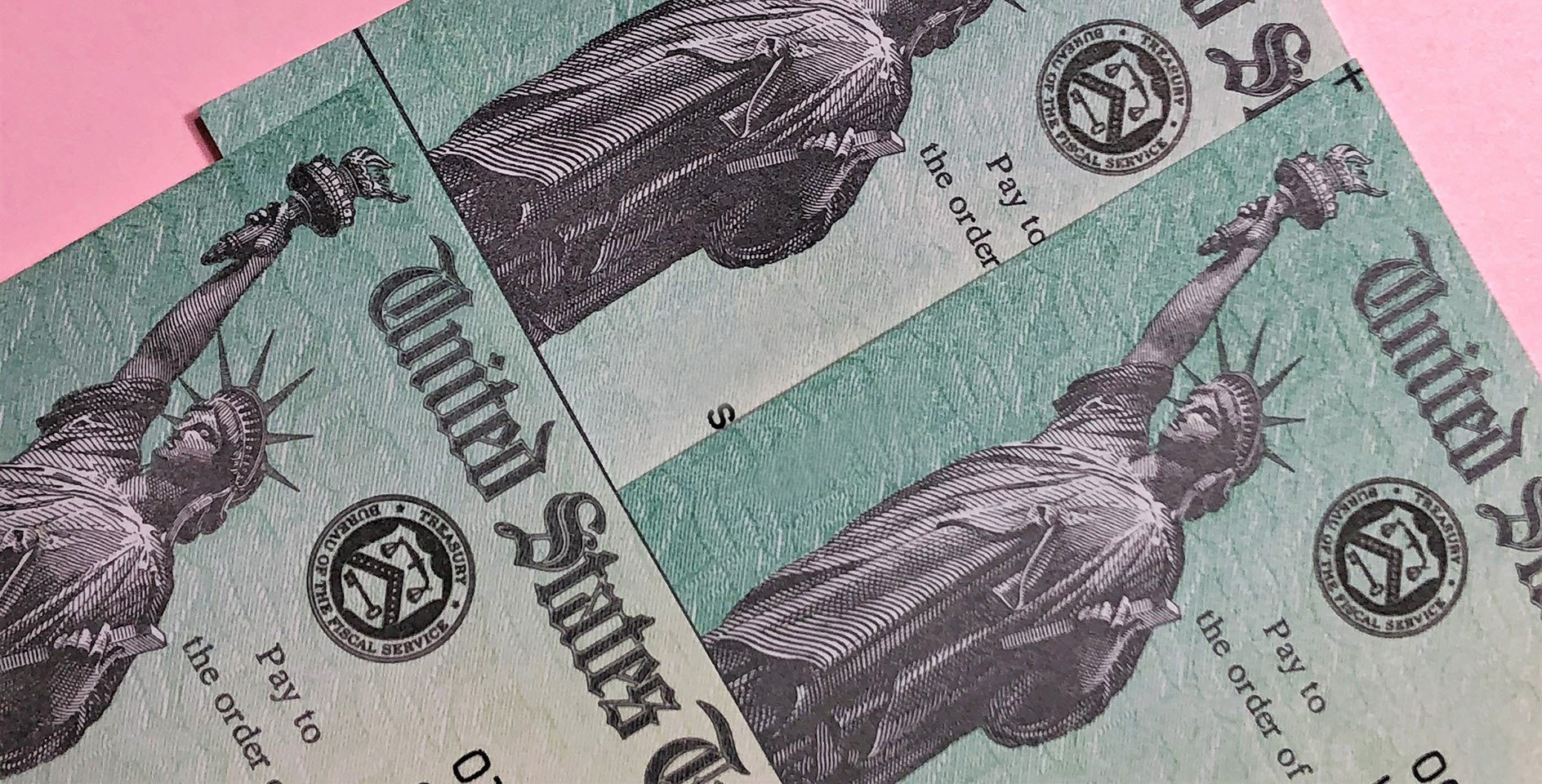Last week, the Congress passed and the president signed into law the Coronavirus Aid, Relief, and Economic Security Act of 2020 (or CARES Act) into law. This bipartisan bill is the largest economic relief package in American history. At $2.2 trillion dollars, the stimulus package seeks to aid hospitals, local governments, and businesses in the midst of the COVID-19 crisis.
Some provisions of the bill are aimed at helping individual Americans, such as issuing many Americans relief checks to help soften the economic blow and expanding unemployment insurance benefits. Certain other provisions positively benefit nonprofits and houses of worship. Below is a brief rundown on some of the topline issues that could affect individuals, nonprofits, and churches.
GuideStone, the financial resources arm of the Southern Baptist Convention, authored a helpful piece, answering some common questions regarding how the stimulus package will apply to different individuals or organizations. If you’re interested in applying or learning more about the specifics on how these programs work, check out their FAQs on the stimulus package.
Stimulus checks
The CARES Act authorizes direct payment “recovery rebates” to qualified individuals to help provide quick economic relief. Individuals with an adjusted gross income of up to $75,000 will be eligible for a $1,200 check. Married couples making under $150,000 a year will receive a $2,400 check, with an additional $500 per child under the age of 17. Reduced checks will be sent to higher earners on a sliding scale for up to $99,000 for an individual and $198,000 level.
According to the IRS, for people who have already filed their 2019 tax returns, the IRS will use this information to calculate the payment amount. For those who have not yet filed their return for 2019, the IRS will use information from their 2018 tax filing to calculate the payment. Payments will be deposited directly into the same banking account reflected on the return filed. This recovery rebate is not considered income, and therefore won’t be taxable. It’s important to be aware of potential scams surrounding these payments, and the IRS has issued some helpful guidance on that topic.
Unemployment benefits
This relief package expands access to unemployment benefits, providing an additional $250 billion for the program. According to the Department of Labor, in March more than 10 million Americans lost their jobs and applied for unemployment. The CARES Act created a temporary program to help those who aren’t traditionally eligible for unemployment insurance, including pastors and ministry staff. For example, the new program aids self-employed individuals, independent contractors like Uber drivers, and those who aren’t able to work or telework as a result of the coronavirus pandemic. Specific provisions allow pastors or ministry staff who have lost their jobs to use unemployment benefits.
GuideStone states that “the amount of the benefit is established by the unemployment insurance program in the state in which you live. The Stimulus, however, provides an additional $600 per week payment to each recipient of unemployment insurance as Pandemic Unemployment Assistance for up to four months and eliminates the requirement that unemployed individuals incur one week of unemployment before becoming eligible for benefits.”
If you need to apply for unemployment benefits, you need to contact the appropriate state agency.
Payroll tax credit
Within the CARES Act are several provisions that offer relief to employers, including churches and nonprofits. They are designed to encourage eligible employers to keep employees on their payroll in the midst of economic hardship due to the coronavirus with an employee retention tax credit. According to the IRS, to qualify, “eligible employers are those that carry on a trade or business during 2020, including tax-exempt organizations, who have either fully or partially suspended operation during any calendar quarter in 2020 due to orders from an appropriate governmental authority because to COVID-19; or Experiences a significant decline in gross receipts during the calendar quarter.”
Eligible employers may receive a refundable payroll tax credit for 50% of wages paid by employers to employees, up to a maximum of $5,000 credit per employee.
Employers should be aware that they are only eligible for either the payroll tax credit or the SBA 7(a) loan program, discussed below.
SBA 7(a) Loan Program
The stimulus package includes approximately $350 billion to help small businesses. Nonprofits and houses of worship qualify to receive loans under Section 7(a) of the Small Business Act.
The benefits allotted to small business, nonprofits, and houses of worship include payroll protection and access to a covered loan if the nonprofit organization maintains their employees. The loan can go to cover the cost of group healthcare benefits during periods of paid sick, medical, or family leave, and insurance premiums, employee salaries, rent, utilities, and interest on any other debt obligations that were incurred before the covered period. The program is designed to allow for the loan to be forgiven if used to cover payroll expenses.
For more information about these programs, see GuideStone’s CARES Act explainer or this explainer up on ERLC’s site.
Early withdrawal from retirement accounts
Under the CARES Act, individuals are able to more easily withdraw from their retirement accounts in cases of short-term cash emergencies. The 10% early withdrawal penalty is waived for distributions up to $100,000 from qualified retirement accounts for coronavirus-related purposes made on or after Jan. 1, 2020.
In order to be eligible for this new provision, individuals would need to fall into one of two categories:
- You, your spouse, or dependent is diagnosed with COVID-19.
- You have experienced adverse financial consequences as a result of being quarantined, furloughed, laid off, having work hours reduced, being unable to work due to lack of child care, or closures related to the coronavirus pandemic.
Charitable contributions
Under the federal tax code, taxpayers are only able to claim a deduction for charitable contributions if they itemize their deductions. Since the vast majority of taxpayers no longer itemize their deductions, many nonprofits are concerned there will be a drop in donations because of the lack of incentive to give. The Charitable Deduction is the only deduction for which the taxpayer receives no other material benefit (compared with the mortgage interest deduction or tuition deduction).
Under the CARES Act, above-the-line charitable contributions are capped at $300. The ERLC continues to advocate for $4000 for individuals and $8000 for married filing jointly.
Conclusion
In the midst of these uncertain times, this government aid can hopefully provide some needed financial relief for individuals, nonprofits, and churches. If you would like to read further on any of the highlighted issues, we encourage you to check out the GuideStone FAQ.









